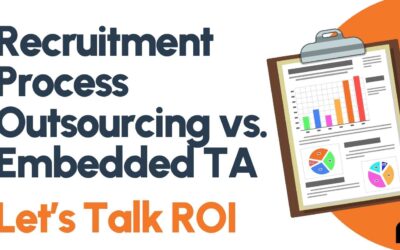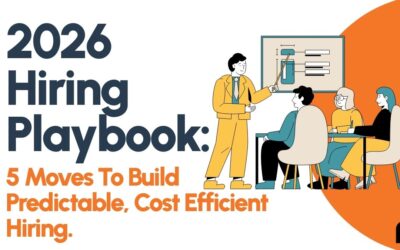Failure is often seen as something to be feared. We tend to get self-conscious when we fail because we don’t want others to think we are not perfect. However, as humans we are not perfect, and we cannot be right all the time. In fact, the majority of the time we are wrong and that’s okay. But most of us choose not to acknowledge when we are wrong, or refuse to deal with situations in which we fail and carry on as if we were right all along, and that is our biggest mistake. We need to embrace failure – it is the only way we can move forward in both our personal and professional lives.
Failing indicates that something we did was wrong. Having someone more experienced than you, like a colleague or a manager, tell you exactly where you went wrong lets you reflect on what led you to that decision and how you can be sure to avoid the same mistake next time. Failing lets you pick up on all the errors – big or small – that you are prone to make unless educated otherwise, and then gives you the opportunity to do this educating yourself; failing helps you learn and improve your experience and skills, thus building your strength and knowledge.
It also helps you grow as a person. The first time we fail is very scary, and it never stops being scary but the more we fail, the better we become at coping with it. (And don’t say you’ll never let yourself fail, or fail a lot, because you will – and very often, too. As humans, it is in our nature to fail even if we try our bests to prevent this.) It thickens our skin which in turn helps towards keeping us calm and collected when under pressure. This ability to keep a clear mind adds to your professionalism as well as your person.
If you see failure in a positive light, it can also increase motivation. Whether it is because you want to prove someone wrong, or refuse to give up on yourself, you will still find more motivation to achieve your ultimate goal. And, because of this new-found passion, you are more likely to succeed.
Once you fail and realise it is not as bad as society makes it out to be – in fact, it’s healthy – you will become more comfortable with taking risks. You know what failure is like; you know how to overcome it and not let it negatively affect you, therefore if you fail it will be less of a big deal. You know you can pick yourself backup and try again. And if you don’t fail first time round, the risk was well worth it. Either way, you will succeed in the end.
Another thing failure changes is your need for approval. You will slowly come to realise that, when it comes to happiness, you don’t need anyone’s approval or opinion on what makes you happy because, after all, it’s your life and not theirs. When it comes to work, you’ll realise you don’t need praise on every task you complete or on how well you coped/dealt with a certain job/client – you’ll know how well you did, and self-satisfaction will be enough for you. You’ll become more confident in yourself and your actions, and overall, happier.
Failure is inevitable. It happens to all of us and is going to happen often – and that is never a bad thing either. If you don’t have a positive attitude to failure you’ll give up too easily. You’ll become sad and stressed every time you fail, and this will de-motivate you. This negative attitude won’t lead to success, but instead can lead to physical and mental health problems. Failure is good for you, embrace it. – Jamie Groom

Jamie Groom
Managing Partner
Jamie Groom has worked in the recruitment sector for over 15 years. Jamie is a founding member of Propel Consult. Previous to this, Jamie studied Architecture in London. He is a self-starter with a proactive, flexible approach to problem solving. He brings a high level of enthusiasm and client-focus to each assignment. His focus over the last 6 years, has been senior & executive level positions.


